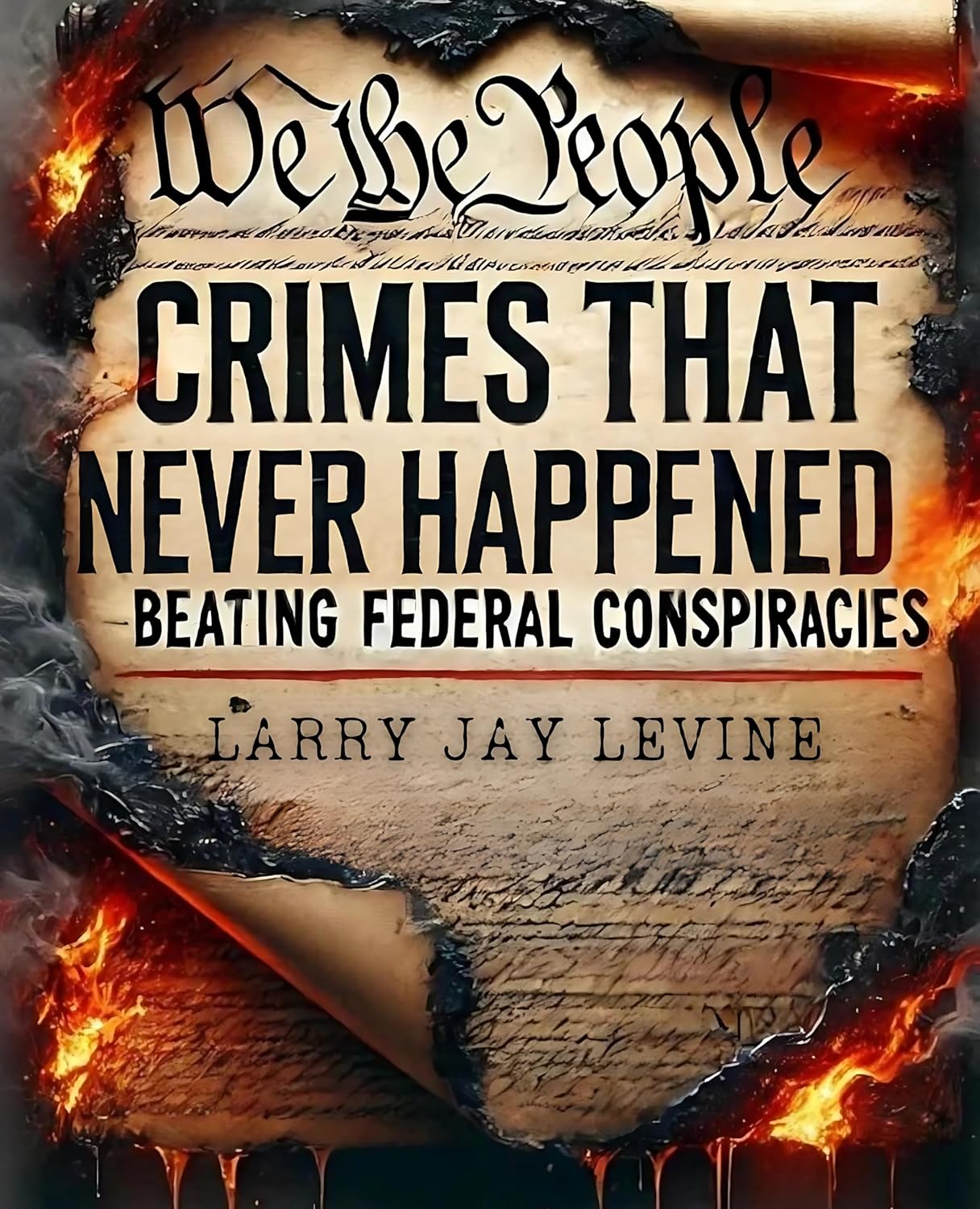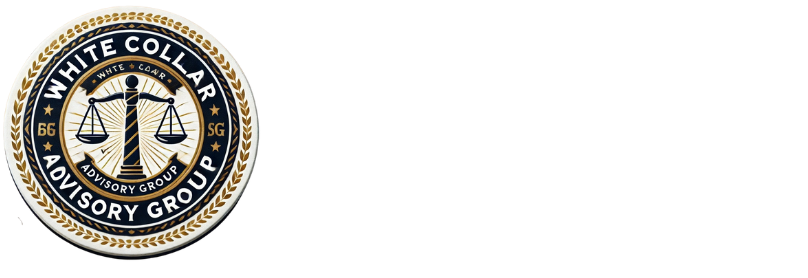What Is the DEA
The Drug Enforcement Administration (DEA) is a federal law enforcement agency under the U.S. Department of Justice (DOJ) tasked with enforcing the controlled substances laws of the United States.
While the DEA is primarily known for combating drug trafficking and narcotics-related crimes, it also plays a significant role in investigating white-collar crimes tied to the illegal drug trade, such as money laundering, prescription drug fraud, and healthcare-related financial crimes.
Under DEA Investigation? Take Action Now.
If you’re under investigation by the DEA for white-collar crimes, you’re facing more than just drug-related allegations—you’re at risk of federal charges that carry severe penalties, including prison time and asset forfeiture.
DEA investigations are thorough, often involving complex financial analyses and interagency cooperation with the FBI, IRS-CID, and HHS OIG.
How White Collar Advisory Group Can Help You
That’s where White Collar Advisory Group comes in. We prepare criminal defendants in dealing with the federal court system and while attorneys focuses on courtroom strategy, we focus on protecting your future by preparing you for the realities of federal prosecution and prison life.
Our services go beyond legal defense—we focus on what comes next:
- Sentencing Preparation: Learn how to present yourself effectively to mitigate sentencing outcomes, including strategies for the Presentence Investigation Report (PSR).
- Prison Consulting: Guidance on navigating the federal prison system, from security classifications to daily survival strategies.
- Sentence Reduction Strategies: Advice on qualifying for programs like RDAP, compassionate release, and sentence mitigation tactics.
- Post-Conviction Support: Assistance with halfway house placement, supervised release, and reentry strategies after prison.
We’ve helped countless clients navigate the federal system, and we’re ready to help you.
Contact Us Now
📧 Email: help@whitecollaradvisorygroup.com
📞 Phone: 480-745-2000`
Self Help Books by Larry Levine
 |
 |
Key Areas the DEA Investigates Related to White-Collar Crimes
The DEA’s white-collar crime investigations target the financial networks and fraudulent activities that fuel drug trafficking operations and pharmaceutical crimes. These investigations often involve doctors, pharmacists, corporate executives, and financial institutions.
💰 1. Money Laundering (18 U.S.C. § 1956)
- Drug Proceeds Laundering: Concealing profits from drug trafficking through legitimate businesses, offshore accounts, and shell corporations.
- Trade-Based Money Laundering: Manipulating invoices and cross-border transactions to disguise the origins of drug-related funds.
- Cryptocurrency Laundering: Using digital currencies to move and hide drug proceeds.
💊 2. Prescription Drug Fraud
- Healthcare Fraud (18 U.S.C. § 1347): Submitting false claims to Medicare, Medicaid, and private insurers for prescriptions not provided.
- Pill Mill Operations: Investigating doctors and clinics involved in overprescribing controlled substances for financial gain.
- Pharmacy Fraud: Billing for fake prescriptions or diverting pharmaceuticals into the black market.
🏥 3. Healthcare-Related White-Collar Crimes
- Medicare and Medicaid Fraud: Fraudulent billing schemes linked to the prescription of controlled substances.
- Kickback Violations (42 U.S.C. § 1320a-7b): Offering or receiving financial incentives for prescribing certain drugs.
- Diversion Schemes: Illegal distribution of controlled substances from legitimate supply chains.
🏦 4. Financial Crimes Supporting Drug Trafficking
- Bank Fraud (18 U.S.C. § 1344): Using financial institutions to facilitate illegal drug transactions or launder money.
- Wire Fraud (18 U.S.C. § 1343): Involving electronic communications to commit fraud tied to drug-related enterprises.
- Real Estate Fraud: Purchasing properties with drug proceeds to legitimize illicit funds.
🌍 5. International White-Collar Crime
- Terrorism Financing: Tracing financial transactions linked to drug trafficking organizations that fund terrorist activities.
- Cross-Border Fraud: Uncovering international fraud schemes involving drug cartels and foreign financial institutions.
How the DEA Conducts White-Collar Crime Investigations
DEA investigations into white-collar crimes are complex, often involving financial forensics, undercover operations, and international cooperation. The DEA frequently collaborates with other federal agencies through task forces like the Organized Crime Drug Enforcement Task Forces (OCDETF).
Key investigative techniques include:
- Financial Forensics: Analyzing bank records, wire transfers, cryptocurrency transactions, and tax documents to trace illicit funds.
- Data Analytics: Using advanced software to detect patterns of fraud, suspicious financial activity, and prescription abuse.
- Surveillance Operations: Monitoring suspects involved in financial crimes related to drug distribution networks.
- Undercover Operations: Infiltrating criminal organizations to gather firsthand evidence of financial misconduct.
- Subpoenas and Search Warrants: Obtaining access to corporate records, financial documents, medical files, and electronic communications.
- International Partnerships: Working with foreign governments to track offshore accounts, cross-border money laundering, and global fraud schemes.
DEA investigations often lead to criminal indictments, civil asset forfeitures, and federal prosecutions for both drug-related and financial crimes that are tried in the US District Courts.
Penalties for White-Collar Crimes Investigated by the DEA
Crimes investigated by the DEA carry severe federal penalties, including lengthy prison sentences, substantial fines, and asset forfeiture. Penalties vary depending on the nature of the crime:
- Money Laundering (18 U.S.C. § 1956): Up to 20 years in federal prison and fines of up to $500,000 or twice the value of the laundered funds.
- Healthcare Fraud (18 U.S.C. § 1347): Up to 10 years in prison per count, or 20 years if the fraud resulted in serious injury or death.
- Wire Fraud (18 U.S.C. § 1343): Up to 20 years in prison, or 30 years if it involves a financial institution.
- Prescription Drug Fraud (21 U.S.C. § 841): Up to 20 years in prison, depending on the controlled substances involved and the scale of the fraud.
- Asset Forfeiture (18 U.S.C. § 981): Seizure of property, cash, vehicles, and real estate connected to criminal activity, even without a conviction in some cases.
Federal sentencing follows the U.S. Sentencing Guidelines, which consider factors such as the financial loss, the defendant’s role in the crime, and whether sophisticated means were used.
Common Defense Strategies in DEA White-Collar Crime Investigations
While DEA investigations are thorough, there are effective defense strategies depending on the circumstances of the case:
- Lack of Criminal Intent: Demonstrating that the defendant did not knowingly engage in fraudulent activity, which is crucial in white-collar crime cases.
- Insufficient Evidence: Challenging the government’s ability to prove financial misconduct beyond a reasonable doubt.
- Fourth Amendment Violations: Suppressing evidence obtained through illegal searches, seizures, or wiretaps without proper warrants.
- Complex Financial Transactions: Arguing that transactions were part of legitimate business operations, not money laundering or fraud schemes.
- Good Faith Defense: Showing that the defendant acted in good faith, relied on legal advice, or misunderstood complex financial regulations.
- Entrapment: Claiming that DEA agents induced the defendant to commit a crime they wouldn’t have otherwise committed.
Frequently Asked Questions About the DEA and White-Collar Crimes
Does the DEA only investigate drug trafficking?
No. While drug enforcement is its primary mission, the DEA also investigates white-collar crimes related to drug trafficking, such as money laundering, healthcare fraud, and financial crimes supporting drug operations.
How do I know if I’m under DEA investigation for white-collar crimes?
Signs include receiving a subpoena, being contacted by DEA agents, or noticing unusual activity with your financial accounts. If you suspect an investigation, consult an attorney immediately.
Can the DEA seize my assets without charging me?
Yes. Under civil asset forfeiture laws, the DEA can seize property suspected of being connected to criminal activity, even if criminal charges haven’t been filed.
Should I cooperate with DEA agents if they contact me?
No. You should never speak to federal agents without legal representation. Even seemingly innocent statements can be used against you in court. Always consult an attorney first.

